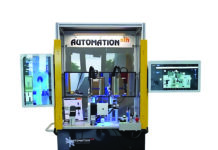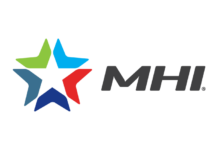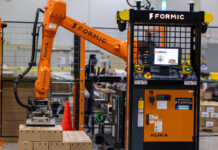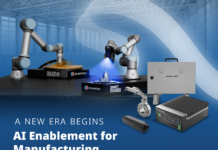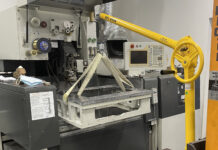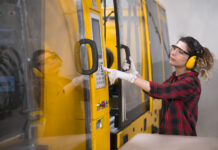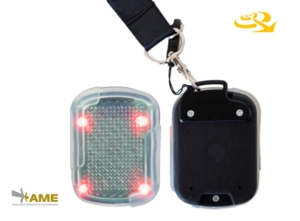 One of the leading causes of workplace injury and potential death is heavy machinery accidents. The importance of man-to-machine protection has always been crucial to prevent these accidents; Power Industrial Vehicles (PIV)s are often mounted with technology to alert the operator of any nearby people. Due to unforeseen circumstances, a new growing threat along with heavy machinery is the need for spatial detection devices to be worn in order to maintain a safe social distance.
One of the leading causes of workplace injury and potential death is heavy machinery accidents. The importance of man-to-machine protection has always been crucial to prevent these accidents; Power Industrial Vehicles (PIV)s are often mounted with technology to alert the operator of any nearby people. Due to unforeseen circumstances, a new growing threat along with heavy machinery is the need for spatial detection devices to be worn in order to maintain a safe social distance.
COVID-19 has had a significant impact on manufacturers with more than 53% experiencing significant change – or total disruption – of operations, and 73% facing financial losses. The lack of personal protective equipment resulted in thousands of positive coronavirus cases from factories across the country.
Advanced Industrial Marketing (AIM) is no stranger to proximity detection. For nearly a decade we have offered man-to-machine detection devices that have helped save lives in industrial, municipality, warehousing and manufacturing work environments. With the practice of social distancing being required by the CDC for the foreseeable future, AIM, like many companies, has pivoted our focus to introduce new social distancing technology to ensure companies and their employees are safe upon their return to work. AIM’s pedestrian detection devices have been upgraded to protect workers from each other in the event one unknowingly has coronavirus, expanding from their initial purpose of man-to-machine detection.
According to the United States Department of Labor, personal protective equipment (PPE) is worn to minimize exposure to hazards that cause workplace injury and illness due to exposure to chemicals, radiation or mechanical workplace hazards. PPE varies across industries, including but not limited to protective eyeglasses, hard hats and safety glasses that are worn to protect the wearer against ‘something’ but never someone. PPE protects us from external dangers and until early 2020 there was no need for protection from fellow workers. This is where technology such as the EGOpro Active Tag and LASE PeCo systems, working along with standard PPE, can protect workers from external factors as well as preventing the transfer of the virus by allowing for proper social distancing practices.
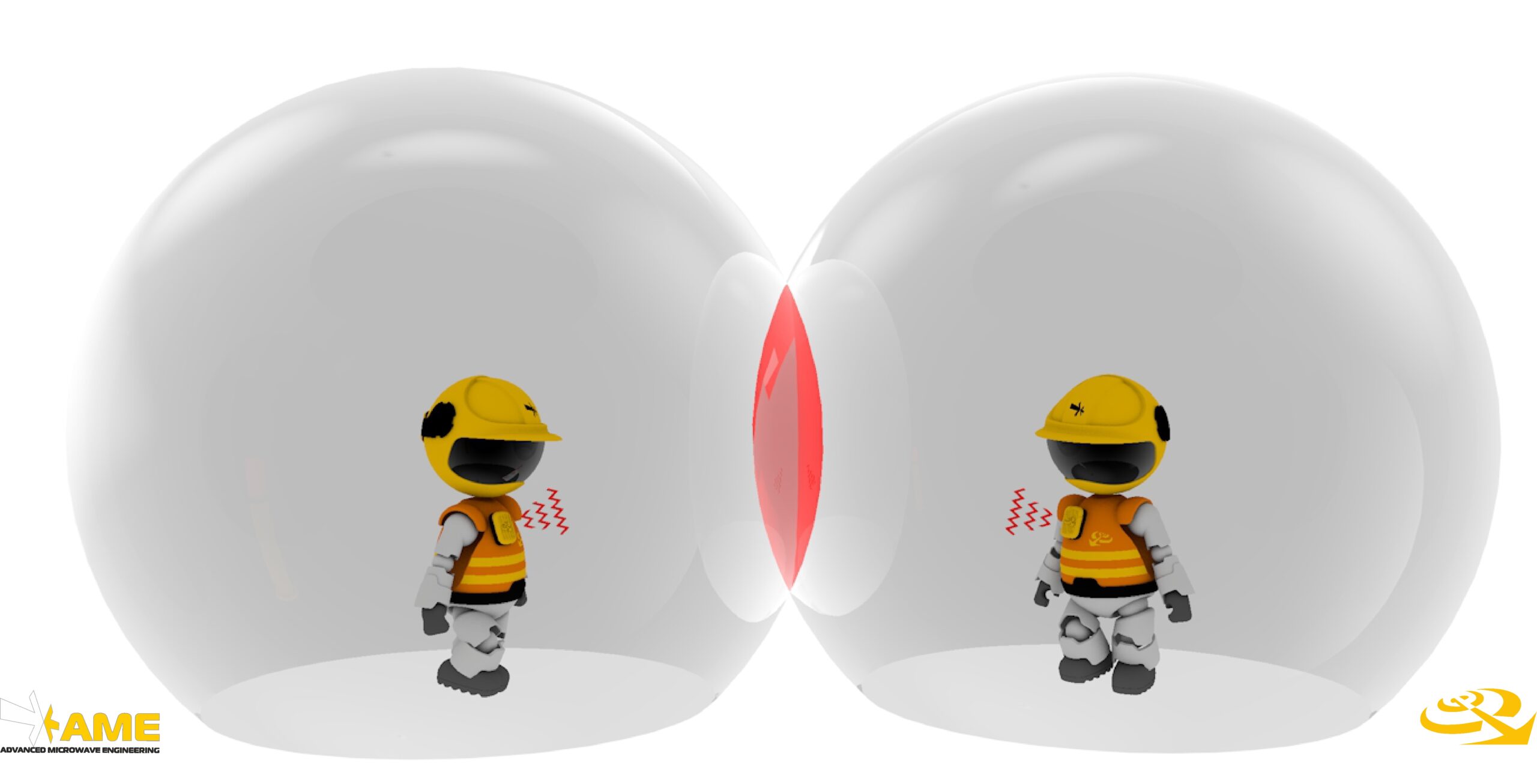 In a typical work environment, the CDC has stated that social distancing guidelines may be difficult to adhere to and nearly impossible to measure. The EGOpro Active Tag has been updated by introducing UWB technology in order to maintain the recommended six feet of safe distance between people, as opposed to assisting in keeping a safe distance from machines. In the instance that a social distance space has been violated, instead of a flashing red light to alert the operator of the presence of a nearby machine, the tag sends a vibration to alert both the tag on the individual and the person they’re interacting with of this breach. This technology is ideal for factories, warehouses and construction sites where it is often difficult to measure the minimum distance to keep employees safe.
In a typical work environment, the CDC has stated that social distancing guidelines may be difficult to adhere to and nearly impossible to measure. The EGOpro Active Tag has been updated by introducing UWB technology in order to maintain the recommended six feet of safe distance between people, as opposed to assisting in keeping a safe distance from machines. In the instance that a social distance space has been violated, instead of a flashing red light to alert the operator of the presence of a nearby machine, the tag sends a vibration to alert both the tag on the individual and the person they’re interacting with of this breach. This technology is ideal for factories, warehouses and construction sites where it is often difficult to measure the minimum distance to keep employees safe.
While this technology has already existed in the manufacturing and construction industries, these wearables can also be implemented into a variety of markets and industries in order to keep the general public safe. For example, going to the grocery store is an essential trip. Along with the precautions already in place at grocers such as plexiglass, one-way aisles and social distancing ques, the EGOpro Active tags have the potential to be embedded into shopping carts to help shoppers remain distant from each other. This is similar to installing the tags on PVIs in the industrial workplace.
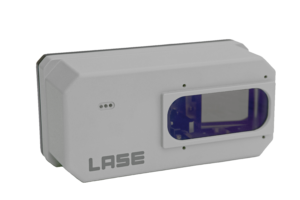 Each EGOpro tag contains a unique serial number, which is connected to a custom software, that documents which tag came within six feet of another tag for longer than six seconds. In a situation of an employee testing positive for COVID-19, the EGOpro would be able to determine who interacted with and was potentially exposed to the virus while being within six feet of that person. It’s contact-tracing capabilities use the serial numbers, assigned to each employee, to alert and take the proper quarantine precautions, all while keeping the identity of the persons involved confidential.
Each EGOpro tag contains a unique serial number, which is connected to a custom software, that documents which tag came within six feet of another tag for longer than six seconds. In a situation of an employee testing positive for COVID-19, the EGOpro would be able to determine who interacted with and was potentially exposed to the virus while being within six feet of that person. It’s contact-tracing capabilities use the serial numbers, assigned to each employee, to alert and take the proper quarantine precautions, all while keeping the identity of the persons involved confidential.
Another application of these wearable devices is within tourism and popular locations. Currently in use at Magazzino Italian Art in New York City, guests are required to wear a tag upon entering the museum as part of their reopening plans and to protect guests while they enjoy their museum experience.
A similar technology to the EGOpro, another device called the LASE PeCo, or “people counting”, helps people adhere to CDC recommended guidelines. PeCO is a way for public venues to measure traffic and building capacity using standalone 3D cameras to measure how many people are in a small space and a laser grid system to measure the number of people within an open or outdoor area.
PeCo’s laser technology is smart enough to tell the difference between adults, children and objects, but is not capable of discerning gender or any other identifying features as part of a surveillance system. If and or when the system detects too many people in a given area, it can send an alert to the designated manager on duty to break up any overcrowded space. With the requirements for businesses or venues to re-open varying across all states, many nonessential businesses are opening their doors again at a limited capacity (e.g., 50%-75% occupancy). LASE PeCo is an ideal way to accurately manage the occupancy thresholds. The LASE PeCo technology can also be implemented within sports arenas and concert halls as quarantine protocols begin to lift, helping again to manage capacity limitations and thresholds
 The importance of keeping employees safe and healthy has always been a top priority for employers. In a social distancing era, that means adding an extra level of protection in order to prevent the spread of COVID-19. Combined with existing safety precautions, technology can help limit the number of people in a given area as well as maintain a safe social distance from others, helping to create a safer work environment for staff and potential patrons and visitors. It’s vital for employers to adapt to this “new normal” and implement social distancing technologies as well as update protocols in order to maintain safety for all employees.
The importance of keeping employees safe and healthy has always been a top priority for employers. In a social distancing era, that means adding an extra level of protection in order to prevent the spread of COVID-19. Combined with existing safety precautions, technology can help limit the number of people in a given area as well as maintain a safe social distance from others, helping to create a safer work environment for staff and potential patrons and visitors. It’s vital for employers to adapt to this “new normal” and implement social distancing technologies as well as update protocols in order to maintain safety for all employees.
About Advanced Industrial Marketing
Advanced Industrial Marketing (AIM) was founded in 1998 to bring technological innovation and safety solutions to major industrial companies across North America. With sales offices in Indianapolis, Chicago, Detroit and Atlanta, AIM’s team of seasoned professionals offers a full range of sales, consulting, procurement and technical services to a wide range of customers and industries.

